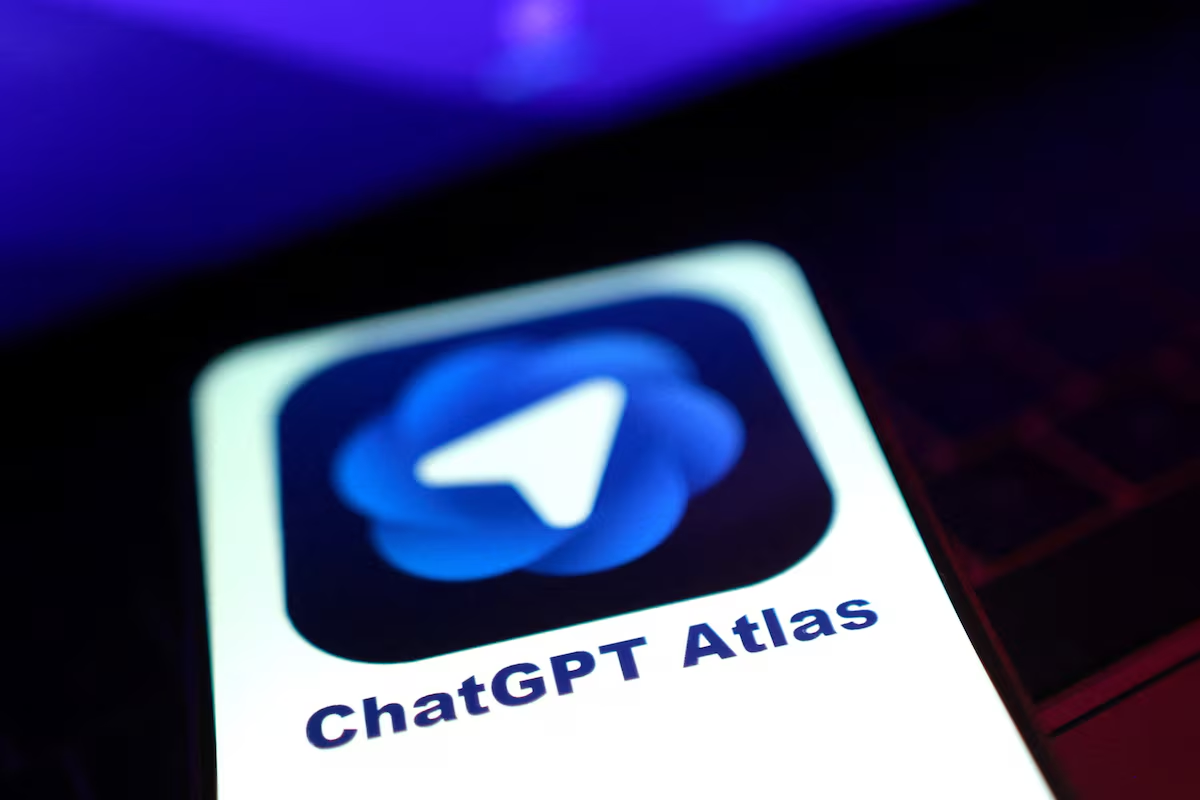ChatGPT Atlas: OpenAI’s Bold Move into the Browser Market
OpenAI has officially entered the browser race with the launch of ChatGPT Atlas, a web browser built to challenge Google Chrome, Microsoft Edge, and other market leaders. Unlike traditional browsers, Atlas eliminates the familiar address bar, relying instead on direct natural-language interactions powered by ChatGPT’s advanced AI engine. According to OpenAI’s CEO Sam Altman, the new browser was “built around ChatGPT,” transforming how users browse, search, and interact online.
The browser, initially released for Apple’s macOS, marks a major step in OpenAI’s strategy to expand its ecosystem beyond chatbots and AI tools. With more than 800 million weekly active users as of October, according to DemandSage data, ChatGPT has become one of the fastest-growing AI platforms in history. The arrival of Atlas signals OpenAI’s ambition to turn that popularity into an integrated, full-service internet experience.
Beyond search, ChatGPT Atlas aims to reimagine online discovery and productivity by offering users a context-aware browsing experience. Instead of typing URLs, users can simply ask, “Find the latest design trends on Adobe” or “Compare Shopify store templates,” and the browser will retrieve and summarize relevant pages instantly.
Atlas’s AI-Powered Agent Mode and Integration with Online Platforms
One of the most talked-about features of ChatGPT Atlas is Agent Mode, available exclusively for paid ChatGPT subscribers. This mode allows the browser to perform autonomous searches, summarize information, and generate insights based on the user’s browsing context. For example, when researching travel destinations, Atlas can automatically gather pricing data from Expedia and Booking.com, creating concise travel comparisons without users having to open multiple tabs.
This approach underscores OpenAI’s broader plan to monetize its artificial intelligence infrastructure. Partnerships with e-commerce platforms such as Etsy and Shopify aim to connect ChatGPT’s intelligent assistant directly to transactional experiences, effectively turning the browser into a digital concierge.
According to analysts, Atlas may appeal most strongly to professionals, researchers, and early adopters eager to streamline information gathering and workflow automation. However, some experts remain skeptical about its ability to unseat Chrome’s dominance, given the latter’s deep integration with Google Workspace, Android, and YouTube ecosystems.
Still, OpenAI’s decision to merge conversational AI with web browsing could change how people search online. Instead of relying on links, Atlas aims to deliver instant, AI-curated insights tailored to each query. The result is a browsing experience that feels more like an intelligent conversation than a traditional search session.
The Future of Browsing: AI-Driven Search and Competition with Google
The debut of ChatGPT Atlas comes at a critical moment for the search industry. Google, recently found guilty of monopolistic practices in online search, remains under scrutiny from regulators and competitors alike. At the same time, OpenAI’s move coincides with a broader trend: the rise of large language models (LLMs) as an alternative search tool. As of July 2025, nearly 6% of all desktop searches were conducted through AI-driven platforms such as ChatGPT — more than double the share from the previous year.
This shift highlights a growing appetite for AI-enhanced discovery tools capable of understanding nuance, context, and intent. Google itself has responded by integrating generative AI into Google Search results, offering direct answers rather than simple link lists. But Atlas takes that concept further by embedding the intelligence of ChatGPT directly into the browsing interface.
By removing the address bar and focusing entirely on natural-language interaction, OpenAI hopes to redefine what a browser can be — a proactive assistant that learns, reasons, and anticipates user needs. While mainstream adoption may take time, especially among corporate users accustomed to Chrome and Edge, OpenAI’s entry into the browser market marks a milestone in the evolution of internet navigation.
In essence, ChatGPT Atlas represents more than just another browser. It’s the next stage in the convergence of AI, search, and user experience — where the web becomes not just a place to explore, but a partner that understands, learns, and helps you act faster.



